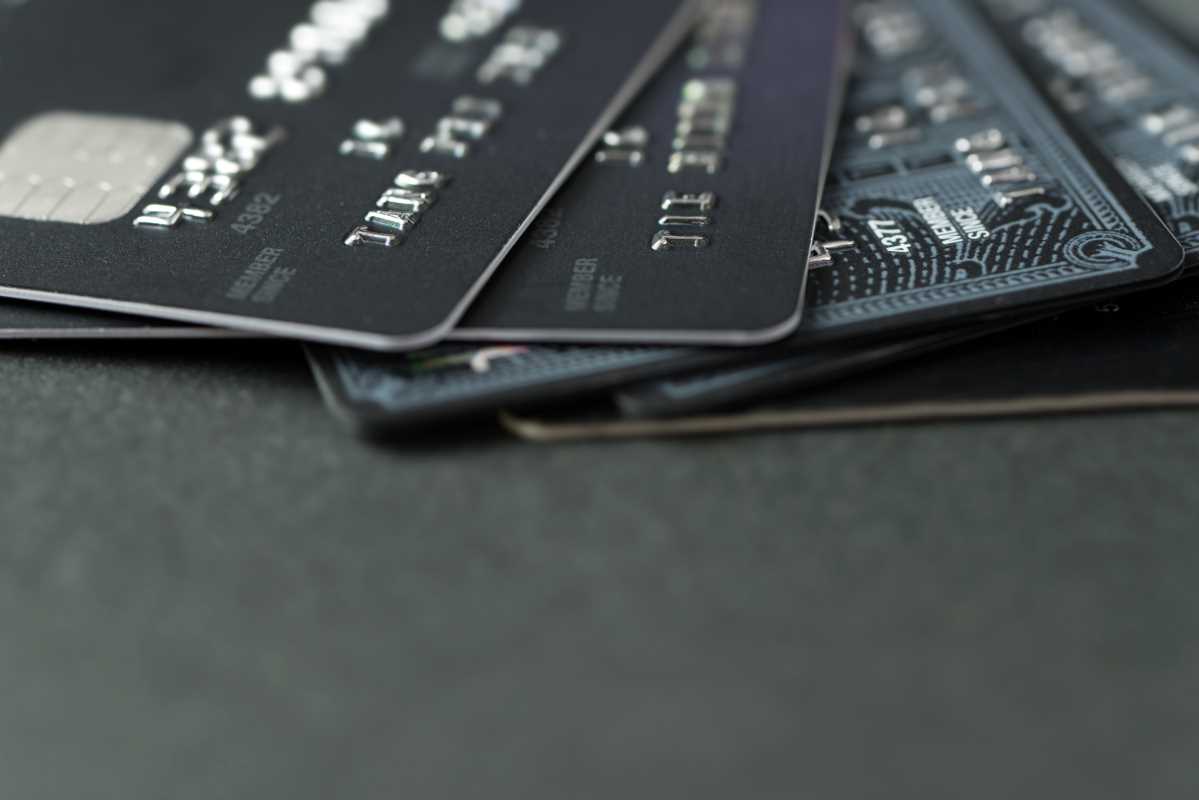Hidden fees lurk in many of the transactions people make daily. Those sneaky charges may seem small, but they add up quickly, silently draining your hard-earned money. They often hide in bank accounts, subscription services, travel bookings, and even shopping receipts. Knowing how to spot them puts you back in control of your finances. By understanding where to look, reading the fine print, and taking action to avoid them, you can keep more money in your pocket. We're going to dive into the most common places hidden fees appear and offers practical steps to avoid these unwanted surprises. Here’s everything you need to know to stop hidden fees from eating into your budget.
Common Transactions with Hidden Fees
Hidden fees don’t just appear in one type of transaction. They’re buried across a wide range of everyday scenarios. Understanding where they show up is the first step to avoiding them.
1. Banking and ATM Transactions
Banks are notorious for fees that seem small but pile up over time. Most common are monthly maintenance fees for checking accounts if certain requirements, like a minimum balance, aren’t met. ATM fees are another culprit, especially when using machines outside your network.
Some accounts also have overdraft penalties that charge you for spending beyond your balance. Even paper statement fees, which charge you for receiving a traditional, mailed bank statement, can silently eat away at your funds.
How to Avoid Them
- Choose a bank account with no maintenance fees or one that waives fees when direct deposits or a certain balance are met.
- Stick to in-network ATMs or withdraw more cash at once to minimize fees per trip.
- Choose paperless statements to avoid extra charges.
2. Streaming and Subscription Services
Subscription-based services like Netflix, Spotify, and fitness apps often add extra fees beyond their basic plans. Free trials that auto-renew into paid memberships, unexpected service charges, or fees for premium access are easy to overlook amid busy schedules.
It’s also common to forget about unneeded subscriptions entirely, paying for months without noticing.
How to Avoid Them
- Set reminders to cancel free trials before they convert to paid memberships.
- Regularly review your bank or credit card statements for recurring payments that may no longer serve you.
- Consolidate services when possible. Some telecom companies offer discounted streaming bundles.
3. Travel Expenses
Booking travel online seems convenient until hidden fees inflate the total price. Airlines often include charges for seat selection, baggage, and priority boarding. Hotels sneak in “resort fees” for amenities you might not even use. Rental car companies tack on insurance, fuel fees, or even a charge for adding an extra driver.
How to Avoid Them
- Compare total costs, not just advertised rates, when choosing flights, hotels, or rentals.
- Carry a credit card that includes travel insurance to skip buying insurance add-ons.
- Decline unnecessary extras like GPS on rental cars or Wi-Fi on flights unless essential.
4. Retail Shopping
Some stores and online retailers have hidden fees embedded in their return policies or promotional sales. Restocking fees may apply when you return certain items. Shipping charges can also unexpectedly increase costs, especially for international orders.
Using installment payment options like Afterpay or Klarna might lead to interest or late fees if payments aren’t made on time.
How to Avoid Them
- Understand return policies before buying, looking for terms like restocking fees or time limits.
- Compare shipping costs upfront, particularly for online purchases.
- Use installment payment options responsibly, so you can meet future payments.
Signs of Potential Hidden Fees
You don’t need to be a financial expert to spot hidden fees. Paying attention to red flags can help you catch them before they impact your wallet.
1. Vague or Confusing Descriptions
Any charge labeled vaguely, like a “service fee” or “convenience fee,” should prompt further investigation. Businesses sometimes rely on unclear language to make customers overlook added expenses.
2. Unclear Final Totals
Always double-check totals when making purchases or paying bills. If numbers don’t add up, sneaky fees might be the culprit. This is especially common with checkout pages during online shopping or booking tickets.
3. Fine Print in Terms and Conditions
Terms and conditions often hide information about fees, penalties, or expiration dates. Companies know most people don’t read fine print, so that’s where they bury details they don’t want you to notice.
4. Auto-Renewal Options
Services offering free trials or automated renewals mean well but can catch you off guard if you lose track of when payments start. Many companies count on consumers forgetting about automatic renewals.
Practical Tips for Avoiding Hidden Fees
Avoiding hidden fees doesn’t require expert skills, just some thoughtful habits and tools. These small steps can save you money and headaches in the long run.
1. Read Bills Carefully
Detailed examination of your receipts, bank statements, and utility bills is a must. Look for unfamiliar charges and ask the provider to explain anything suspicious. Often, customer service teams adjust or remove fees if challenged.
2. Compare Options Before Committing
Taking time to compare providers means you won’t be blindsided by surprising fees. Many online ticketing or travel booking platforms show the lowest rates upfront but reveal steep add-ons at checkout. Carefully check the final total before paying.
3. Opt Out of Extras You Don’t Need
Merchants sometimes pre-select add-ons like extended warranties, travel insurance, or add-on services by default. Rejecting these at checkout saves money without sacrificing your core purchase.
4. Ask for Fee-Free Options
Refund-friendly companies, banks with fewer transaction fees, and credit cards that waive foreign transaction charges protect you from unnecessary expenses. Doing a little research before choosing services makes this possible.
5. Use Budgeting Apps
Tracking apps like Mint or You Need a Budget (YNAB) help identify recurring payments that could include hidden fees. With regular statements at your fingertips, spotting strange charges becomes simple.



.jpg)



